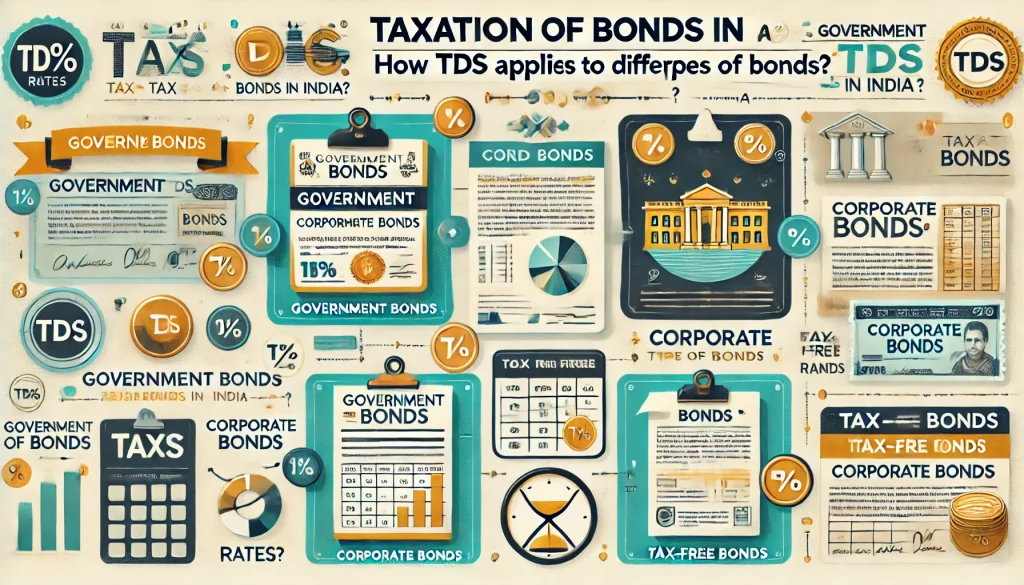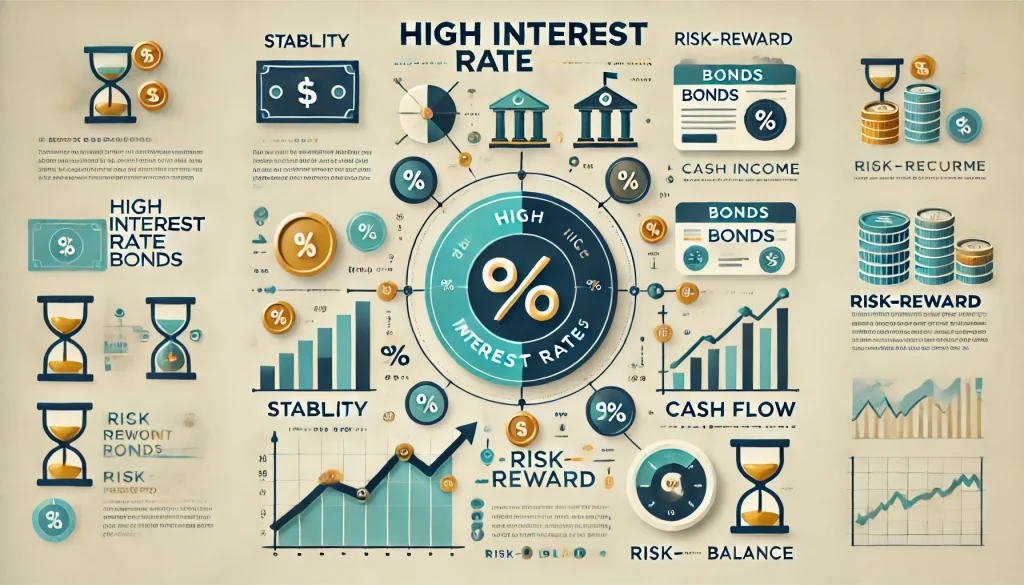To foster new developments, the Reserve Bank of India (RBI) has collaborated with the National Stock Exchange of India (NSE) to enable retail investors to invest in government securities. As a result, now you may directly manage your investments made towards treasury bills (T-bills) and long-dated bonds.
Earlier, only banks and large financial institutions could invest in G-sec options. Today, individual investors can also enjoy guaranteed and attractive returns from understanding what are government securities and their key investing nuances.
What Are Government Securities in India?
Alternatively referred to as ‘G-Secs’, government securities form a vital part of the secondary market and contribute significantly to the Indian economy. The Government issues these debt instruments through the RBI to collect investments for different developmental projects. Thus, by investing in G-Secs, you can help the government in building various infrastructure projects, managing national debt and bridging several other budgetary gaps.
G-Secs are highly secure investments where the government guarantees the total repayment of your principal amount upon maturity, along with timely interest payouts. These are much similar to corporate bonds where the investment returns are paid out in a similar fashion. The RBI’s Sovereign Gold Bond Scheme is a conventional example of government securities.
What Are the Different Types of Government Securities?
Some of the most popular types of government securities in India are outlined below:
Treasury Bills
These are often termed as ‘T-bills’. The government issues these short-term debt securities for tenures ranging from a few days to one year. While purchasing them, you can acquire units at a discounted rate but you won’t receive any periodic interest payouts. Contrarily, you receive the full value of your investment on maturity.
Treasury Notes
T-notes are more suitable for investors looking for mid-term investment solutions. Their maturity periods typically range between 2-10 years. Being an investor in T-notes, you can expect a fixed semi-annual interest rate. Moreover, debt instrument experts consider these instruments to be generally safe.
Treasury Bonds
T-bonds or treasury bonds are offered by the relevant government bodies with maturity periods typically exceeding 10 years. You can expect a fixed coupon rate throughout your investment term and the interest amount is credited to your bank account twice a year.
Cash Management Bills (CMBs)
Again, it is another form of reliable short-term government securities that you can access occasionally through authorised online platforms. These government securities are issued to meet the government’s urgent cash needs on an as-needed basis. Typically, their tenures are less than 91 days long.
Savings Bond
Simply put, these are government bonds that primarily target retail investors. You can secure fixed-interest income from these securities, which makes it a great choice for risk-averse individuals who prioritise stability while investing.
Capital Indexed Bonds
These are specialised bond agreements where your principal amount is adjusted periodically to balance out the effects of inflation. It is a unique characteristic that helps retain the real value of your invested amount over time.
State-Development Loans
The different state governments issue these debt investment instruments for short durations to complete certain local developmental projects. These loans have a wide range of maturity periods and coupon rates, largely determined by the creditworthiness of the bond issuer.
Zero-Coupon Bonds
When investing in zero-coupon bonds, you do not get periodic interest, unlike traditional bonds. However, you can acquire them at a concessional price and expect the bond issuer to repay the entire face value when the bond matures.
Benefits of Investing in Government Securities
If you are seeking stability in your financial journey, government securities will appear to be a compelling prospect. As sound investors, it is essential to verify the different advantages & disadvantages of investing in government securities like any other instruments.
That being said, these are some key benefits of investing in G-Secs:
- Guaranteed Returns
Most government securities offer fixed coupon rates. It results in a predictable source of income for the investors.
- Portfolio Diversification
Incorporating government securities, such as capital-indexed bonds or savings bonds, can diversify your equity-heavy portfolio.
- Tax Benefits
Specific government securities like tax-free government bonds ensure attractive tax exemptions. You do not need to pay income tax on profit earned from these instruments.
- Liquidity and Marketability
Due to high demand Central Government securities offer excellent liquidity. Therefore, you can easily buy or sell them using a brokerage platform.
Disadvantages of Investing in Government Securities
Investing in government securities can have several drawbacks too, like:
- Limited Returns
As government securities are much safer investments when compared to corporate bonds or stocks, they offer investors lower returns.
- Slight Interest Rate Risk
Although government securities carry low risk, still the interest payments can occasionally vary when the values of existing assets fluctuate. This can result in temporary periods of low returns for an investor.
- Inflation Risk
Despite being associated with safety, these investments are not completely insulated from market volatility. Certain political events, economic factors and additional elements can influence the value of government securities.
Final Word:
Government securities offer a reliable investment avenue with benefits like guaranteed returns and portfolio diversification. Despite its inherent safety, understanding what are government securities and selecting the right type requires assessing individual risk tolerance. It is crucial to weigh the cons of investing in a particular asset class against the set monetary objectives.
Frequently Asked Questions
Government securities are listed on stock exchanges, such as BSE and NSE. To invest in G-secs, you can create an account with a registered broker. Moreover, some banks and financial institutions offer dedicated online platforms through which their customers can directly buy and sell government securities in the secondary market.
As per the Income Tax Act, of 1961, the interest income from government securities is considered taxable. You have to bear a TDS based on your income tax bracket. Furthermore, if you sell your bond holdings prior to maturity, you will incur either short-term or long-term capital gains tax. This will be determined by your holding period of the allocated bond units.
Several types of government securities exist in India. Consequently, the interest rate on a particular type depends on the nature, tenure and risk factors associated with that investment.
Government securities are financial instruments that can be traded on the secondary market, including treasury bills and bonds issued by the Government of India. On the other hand, government bonds are just a type of G-secs, where you loan money to a government entity in return for an agreed interest.
Yes, as a retail investor, you can invest in government securities through banks, authorised financial institutions or the RBI Retail Direct portal. To own units, you have to pay the minimum bidding amount, which will vary based on the security you choose.
To invest in government bonds, all you need to do is submit a form along with some supporting documents to the Reserve Bank of India. Upon successful verification, a bond certificate will be issued in your name.


